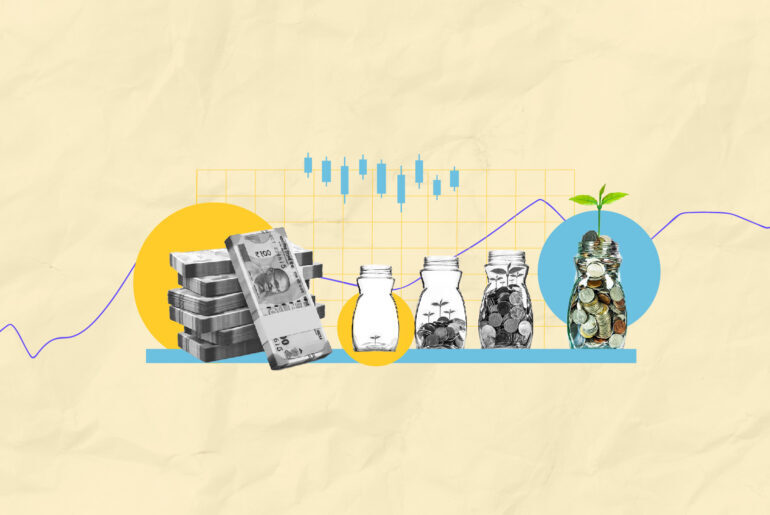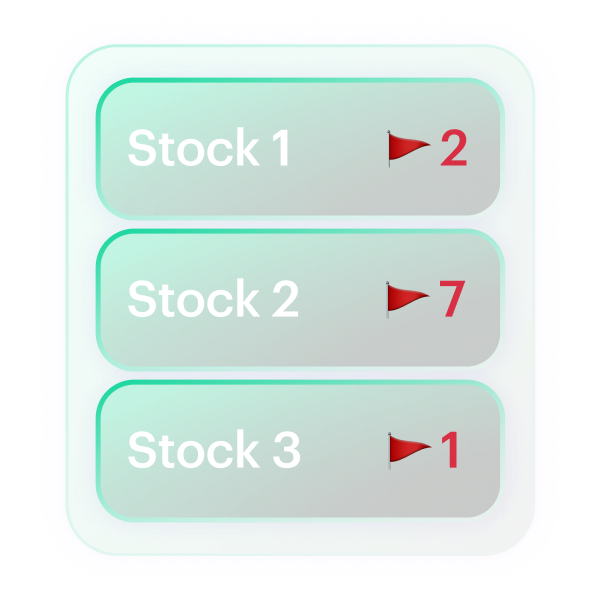Last Updated on May 24, 2022 by Anjali Chourasiya
The stock market, in simpler terms, is an exchange where regular buying and selling of the shares of companies held in the public domain happen. The stock market participants can generally be categorised into a few groups. For example, investors, companies, traders, stock exchanges, regulators, financial intermediaries, and stockbrokers.
Here we will talk about how these participants actually participate and work around in the stock market.
Table of Contents
Investors
The appeal of the stock market draws both individuals and corporations or organisations from a range of backgrounds. There are a few subgroups that investors are categorised in. Such as:
Domestic institutions: This includes investors who mediate or undertake investments in the security field of financial assets of the country they are situated in. They are major investors in both primary and secondary markets.
Asset management companies: Mostly mutual funds companies that invest their clients’ funds into securities matching their declared financial objective.
Foreign Institutional Investors: This includes foreign AMCs, hedge funds, and other investors transacting in the stock market. They trade in large money and heavily influence market movements.
OCI and NRI: Investors of Indian origin but based outside of the country.
Companies
Companies enlist themselves in the stock market through an IPO (Initial Public Offering). They get listed in the stock exchanges, after which the shares of the company are freely traded by market participants. They use the money raised from the IPO to meet their management costs and expand the business. Companies may also invest in other companies as institutional investors.
Stock exchanges
Stock exchanges are the facilitators of buying and selling securities. It is where the actual trade happens. They provide the issue and retrieval of securities, capitals, and other instruments. Securities traded in the stock exchange include many different products ranging from stocks listed by companies, bonds, derivatives, unit trusts, and other investment products.
Stock exchanges are known for functioning as a continuous auction. Buyers and sellers are constantly in the process of transactions on the best floor price available. Investors, however, cannot directly deal with the exchanges. They need to go through stockbrokers or dealers who facilitate the trade.
Stockbrokers
Stockbrokers are registered entities that primarily act as a bridge between investors and the markets. One of the most important financial intermediaries, they buy and sell securities and stocks for both retail investors and institutional ones. They charge a fee or commission for the process and are usually associated with a brokerage firm.
Regulators
A third-party regulation organisation supervises the functioning of markets. SEBI, called the ‘Watch Dog of Indian markets,’ functions primarily to protect investors and ensure fair trading in the markets. A part of their job is to formulate and enforce a set of guidelines to regulate the market participants as well as the intermediaries.
Financial intermediaries
Financial intermediaries are entities that help facilitate transactions between two parties in the market. Banks, AMCs, etc., all fall under this category. They are the invisible backbone of the entire stock market ecosystem. In today’s world, with technology integrated through the internet and smartphones, one can easily open an account, deposit money, and even start trading through these intermediaries.
Clearing corporations
They ensure the fulfilment of your trades and transactions. Basically, they match the debit and credit process at the end to ensure the completion of the trade. The regulatory authorities strictly regulate these companies. Their main objective is to provide you with the right asset – either cash in case you are selling stock or shares in case you are buying – to balance the trade books and ensure smooth clearing activity.
Depository and depository participant
When you transact in shares, you are provided with a certificate that entitles you as the shareholder. Although these certificates were in paper formats earlier, they went digital in 1996.
This conversion of the certificates digitally is called Dematerialization or Demat. The share ownership certificates are placed in your Demat Account, which works like a vault to keep a count of your stocks. There are only 2 depositories in India – CDSL (Central Depository Services Ltd) and NSDL (National Securities Depository Ltd) – who hold the Demat accounts.
However, you can only access a Demat account with the help of a depository participant – your registered broker, sub-brokers, discount brokers, etc. They act as agents to the Depository and help you set up Demat accounts. Your Demat account and trading accounts are interlinked.
Conclusion
Many key players work behind the scenes to make your stock market experience smoother. They follow rules and are regulated heavily by SEBI so as to protect the investors and ensure that any mishaps do not end up creating an upheaval in this ever-evolving industry. The Indian regulatory organisation, SEBI, has played a major role in maintaining the markets, protecting the investors, and creating an atmosphere conducive to more retail participation. All stock market participants function together, making markets one of the most dynamic places to earn money and profits.
- Money Market Funds in India – Meaning, Features & How They Work - Apr 22, 2025
- Top Fund of Funds (FOF) in India – Full Form, Types & More - Mar 28, 2025
- Bond Funds – Meaning, Types, Risks, and Benefits - Mar 27, 2025




